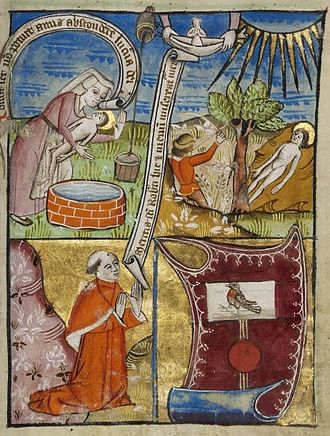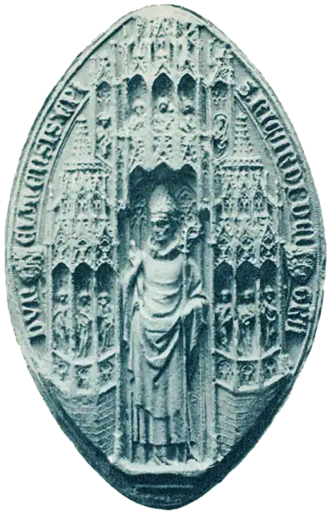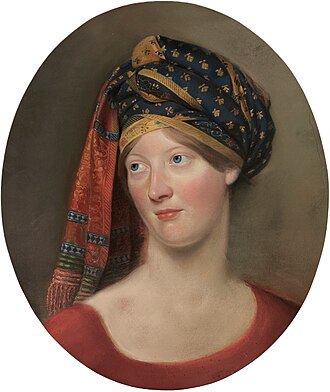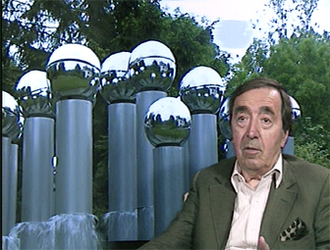Bury Last Name Origin, History, and Meaning
Where did the surname Bury come from? What does the surname Bury mean? Discover the history and meaning of the last name Bury and family migration on YourRoots Map.
Surname Bury Origin: What does the last name Bury mean?
The surname Bury is of English, French, and Slavic, particularly Polish, origin. It first appeared in records from England in the early 12th century. The name Bury remained closely associated with England from the 12th to the 18th centuries, indicating its historical roots in the country.
According to YourRoots data, the Bury surname has seen significant growth in records by the 20th century, particularly in England. Today, the Bury surname remains prominent in various regions, reflecting its enduring presence and legacy across different parts of the world.
Bury Last Name History: Where did the last name Bury come from?
Origin of Bury Surname: Where does the last name Bury originate from?
According to YourRoots data, the surname Bury first appeared in records from England around the early 12th century. Please note that this reflects only YourRoots data for the exact Bury spelling and does not include other record sources or surname variations.
History of the Last Name Bury: What does the Bury surname history look like in the early days?
The Bury surname remained closely associated with England from the 12th to the 18th centuries.
Global Spread: Where can we find the Bury surname today?
By the 20th century, the volume of records with the Bury surname grew significantly in England. The Bury surname remains prominent in various regions.
Explore Bury last name heritage and Bury surname origin based on YourRoots Map data
 VIEW THE ORIGIN OF SURNAME BURY
VIEW THE ORIGIN OF SURNAME BURYFamous People With Bury Surame?

Robert of Bury
Robert of Bury (died 1181) was an English boy allegedly murdered in Bury St Edmunds, Suffolk in 1181. His death was blamed on local Jews during a time of rising antisemitism. His story, similar to other boy martyrs of the era, led to a cult following him until the English Reformation. The circumstances of his death remain unclear, with some accounts suggesting he was kidnapped, tortured, and crucified. Historians believe the cult of Robert may have been influenced by the nearby cult of William of Norwich. The cult of Robert may have contributed to the violent attack on Jews in Bury St Edmunds in 1190 and their subsequent expulsion from the town.

Richard de Bury
Richard de Bury (24 Jan 1287 – 14 Apr 1345), also known as Richard Aungerville, was an English priest, bishop, and bibliophile. He was a patron of learning and one of the first English book collectors. His famous work, Philobiblon, encouraged clergy to love books and discuss librarianship. Born near Bury St Edmunds, he educated King Edward III and served as high chancellor and treasurer of England. Appointed Bishop of Durham, he amassed a vast library by rescuing manuscripts across Europe. His passion for books is immortalized in the Philobiblon, a Latin treatise still revered today.

Lady Charlotte Bury
Lady Charlotte Susan Maria Bury (née Campbell; 28 Jan 1775 – 1 Apr 1861) was an English novelist known for her Diary illustrative of the Times of George IV. Born into a prestigious family, she married twice and had a literary career, producing popular novels and poems. As a Lady-in-Waiting to Princess Caroline of Brunswick, she kept a revealing diary that was published anonymously and later attributed to her. Despite disputes over the diary's authorship, Lady Charlotte's works shed light on the society and politics of her time. She passed away in Chelsea at the age of 86, leaving behind a legacy of literary contributions.

Chris Bury
Christopher Robert Bury (December 10, 1953 - ) is an American journalist known for his work at ABC News Nightline, where he reported and anchored. Bury covered major events like Bill Clinton's Presidential campaign and received multiple Emmy Awards for his journalism. He is currently a senior journalist in residence at DePaul University in Chicago, where he continues to contribute to news programs like PBS NewsHour. Bury's dedication to journalism has earned him prestigious awards, including the National Headliner Award and the Edward R. Murrow Award. With a background in political science, Bury brings a wealth of knowledge and experience to his reporting, making him a respected figure in the field.

Pol Bury
Pol Bury (26 Apr 1922 – 28 Sep 2005) was a Belgian sculptor known for his fountain-sculpture L'Octagon in San Francisco. He began as a painter in artistic groups like Jeune Peintre Belge and COBRA before transitioning to sculpture. Bury's work was featured in exhibitions at Louis Stern Fine Arts in West Hollywood and Christie's auction house. His pieces can be found in the Chelsea Art Museum's permanent collection. In 1999, he was part of the Absolut-L.A. International Biennial Art Invitational, receiving positive reviews for his intriguing works. Bury's legacy continues to influence the art world with his unique approach to kinetic sculpture.
All images displayed on this page are sourced from Wikipedia or Wikimedia Commons.We use these images under their respective Creative Commons or public domain licenses. Wherever applicable, author attributions and license information are provided. If you believe an image is used incorrectly or outside its license terms, please contact us so that we can review and correct the issue.




.png)